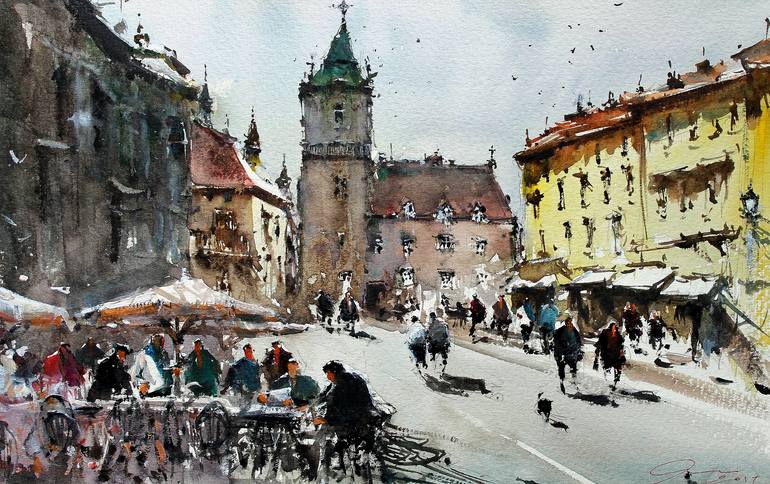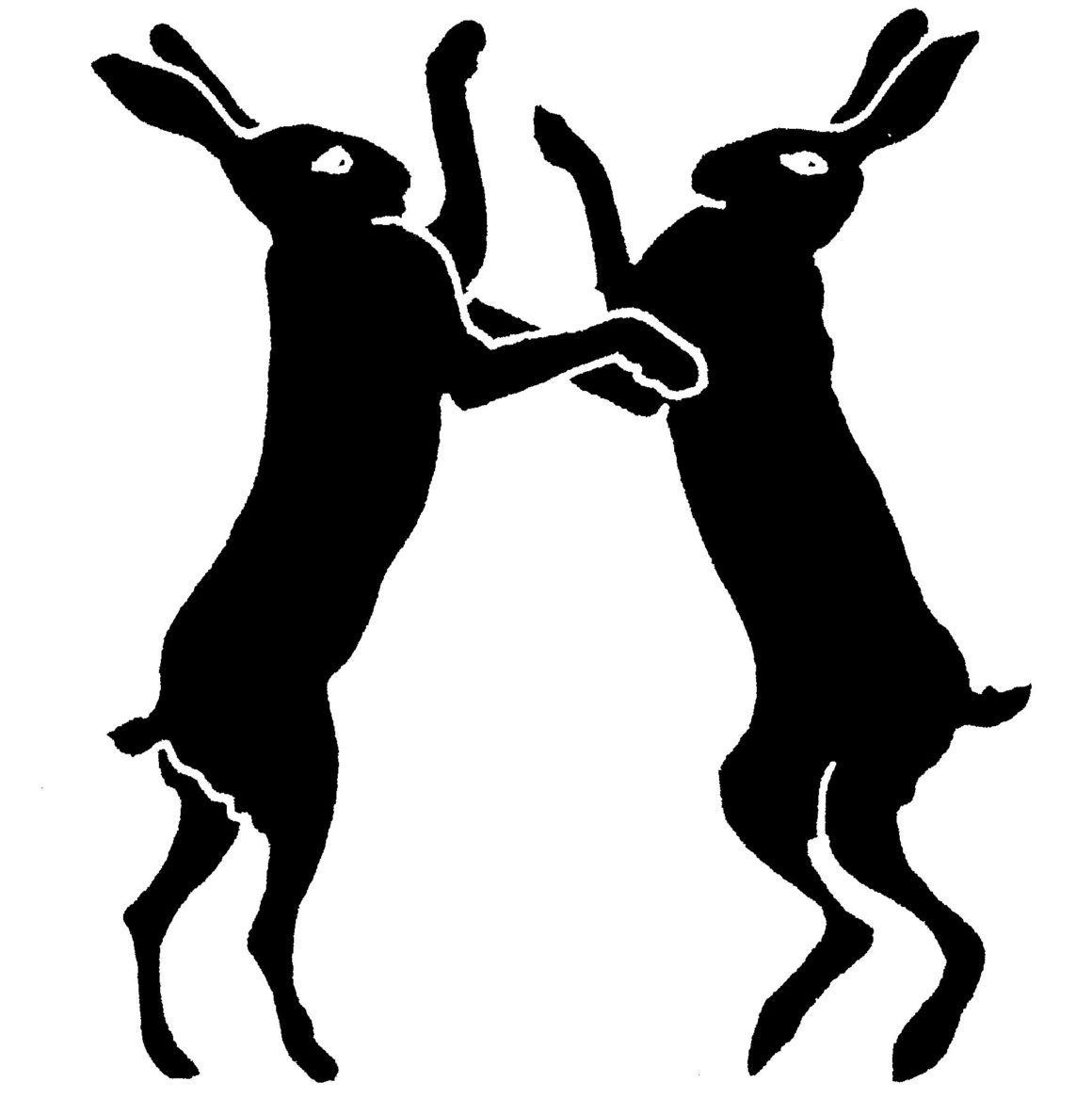The family gave me objects to put under the blankets, to keep me warm. They gave me a wicker basket filled with hot coals. They gave me an orange cat. Their garden was barren except for yellow winter roses. When I walked toward the house, I would quicken my pace, trying to get out of the cold. It was colder in the house.
The family had four children, two sons and two daughters. I was sharing a room with the daughters. I asked how old they were. “25 plus,” the one with the longer face said. I asked the other. “25 plus,” she said. She had a round face and she was a teacher.
The family sold textiles. They showed me a wool shawl made from shahtoosh. It cost 2,000 dollars wholesale. Shatoosh comes from an endangered Tibetan antelope. It’s banned, because the antelope has to be killed for the fabric to be made. The brother asked if I wanted to buy the shawl. I thought he was kidding so I laughed. He asked again and I didn’t know if he was kidding.
Wet stones made the house feel colder. There had been a flood. The streets were covered in things like old chairs. I heard booms, because the army trained nearby. At night the family and I lay under blankets in the living room. We ate chicken under the blankets. On my third day in the village I still hadn’t bathed. I followed the daughter who was a teacher to her school. There was a circle of teachers sitting outside.
“New York,” one of them said. “Aren’t there a lot of Jews in New York?” I said there were. The man didn’t mind. He was happy to be right.
The family brought a bucket of hot water and waited for me to wash. I wet my face and forearms without taking off any clothes. The father lent me a puffy coat and big men’s sweatpants. I slept in the coat.
I told the sisters about Sephora, how you could buy something, use it, and then return it three months later. The father talked about a blind fakir. He wanted me to meet him. In the car we passed a pink wall and cutouts in the wall where you could see into a field. Men were standing there but not talking. They wore dark cloaks and the field was foggy.
We found the fakir’s house in the village. The father was smiling. We had driven a long time, maybe two hours. The fakir wasn’t home.





